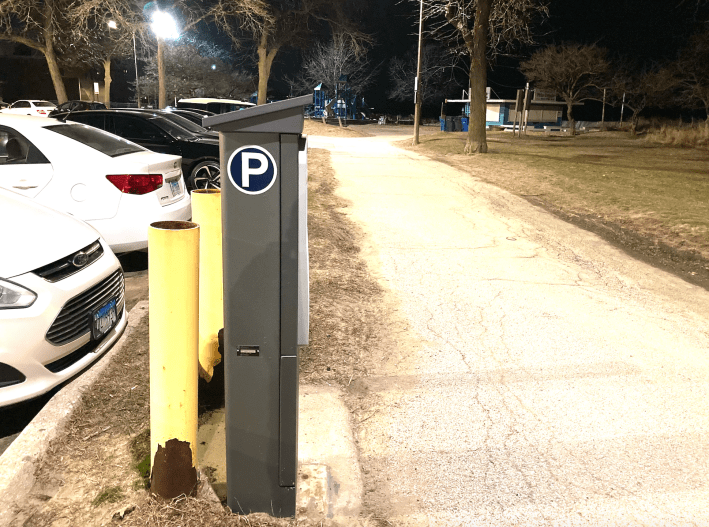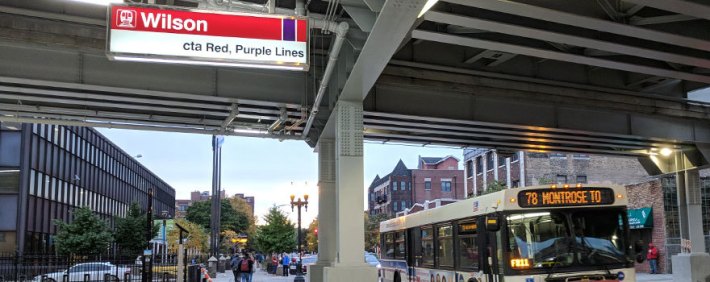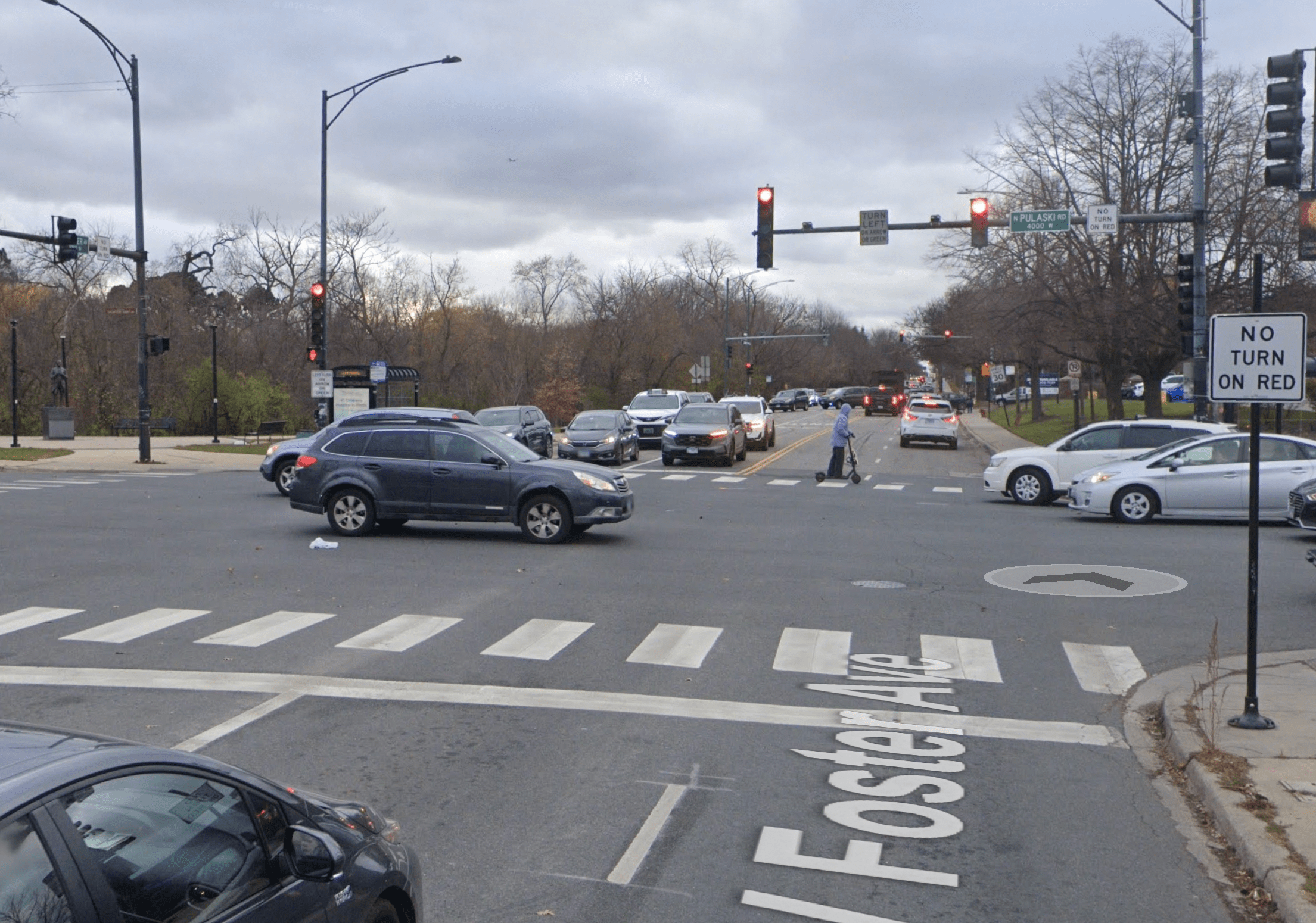There's no "social justice issue" that spurs relatively privileged Chicagoans to take action like the elimination of free car parking at a North Side beach.
Don't get me wrong, the Chicago Area Runner's Association is generally a fine organization, and it has been a friend to sustainable transportation by advocating for separate bike and pedestrian paths on the Lakefront Trail, and protecting path users from reckless drivers with new guardrails. The group's executive director Greg Hipp is a nice guy, and I promised him I'd keep things relatively civil in this post about CARA using a racial and economic equity argument against the city's plan to install parking meters at Montrose Beach in Uptown.
But I really had to roll my eyes when I saw that the group's petition "Keep Montrose Harbor Accessible For All," asking Mayor Lori Lightfoot, Uptown alderman James Cappleman and the City Council to reverse the decision, had racked up over 9,000 signatures. "The addition of parking meters places a barrier to enjoy our parks," the petition claims. "These meters are not just a new tax on the park’s North Side neighbors. It’s a barrier to diverse Chicagoans from all over the city who have long come to Montrose Harbor."
Car parking at major Chicago beaches: Green is no adjacent parking, yellow is paid parking, and red is free parking.
Let's get a few facts out of the way. Uptown is a majority-white neighborhood, and Montrose is just about the only major beach in Chicago that isn't metered. It's hard to justify keeping parking free there while charging pretty much everywhere else along the lakefront, including beaches located in low-to-moderate-income communities of color, like 31st Street Beach, 63rd street Beach, South Shore Beach, and Rainbow Beach.

Parking at Montrose Beach is going to cost $2.25 an hour, which won't be a major hardship for the vast majority of Chicagoans who have the resources to purchase a vehicle, pay for insurance, gas, and maintenance, and drive across town to hang out on the lakefront. The parking fee for a two-hour stay, $4.50, is 50 cents less than a $5 roundtrip 'L'+ bus fare to Montrose for a single person who can't afford car ownership.
I don't recall CARA ever taking a position on a mobility justice issue before. They're certainly never argued that a CTA ride to Montrose, where the group holds many of its running events, should be free, like they insist parking should be.

So why does CARA care so much about this issue? The fact is, the overwhelming majority, maybe all, of the group's members who park at Montrose can afford to pay the metered rate. They just don’t want to because people like free stuff.
When I razzed the running association about this issue on Twitter yesterday, the person operating the group's Twitter feed responded with some stats in hopes of proving that metered parking would, in fact, cause may people who drive serious financial pain. Let's looks at some of CARA's statements below.

The fact that CARA states the price of a CTA roundtrip at $4.50, rather than the more common $5 for a trip involving a train ride, suggests that the person who typed this up rarely, if ever rides transit. That would help explain their windshield perspective on the meter issue.
But even using that lowball CTA fare estimate, CARA's calculations show that total travel expenses for a group of four driving to the beach and using a metered parking space for four hours would be $3.40 cheaper than those for the same group taking the CTA.
That is, the running group has helpfully proved that under the "inequitable" parking meter scenario, people who can afford to drive would still pay almost 20 percent less than those who can't. I believe that's what kids nowadays call a "self-own." (That wasn't too uncivil, was it?)
Here are some more figures CARA tweeted out that show that, well yes, if you choose to drive to the beach by yourself 35 times over 18 weeks, and use metered parking for three hours at a time, your parking expenses will start to add up. But if making driving solo more expensive motivates some people to carpool, take transit, or bike to a race or training program instead, reducing congestion and pollution, isn't that a good thing?

And even after the new meters are installed, there will still be plenty of unmetered spots, and competition for them probably won't be too intense on weekdays. Sure, you may have to park a little farther from the CARA meetup location, but you could get there from your car by, y'know, running.




